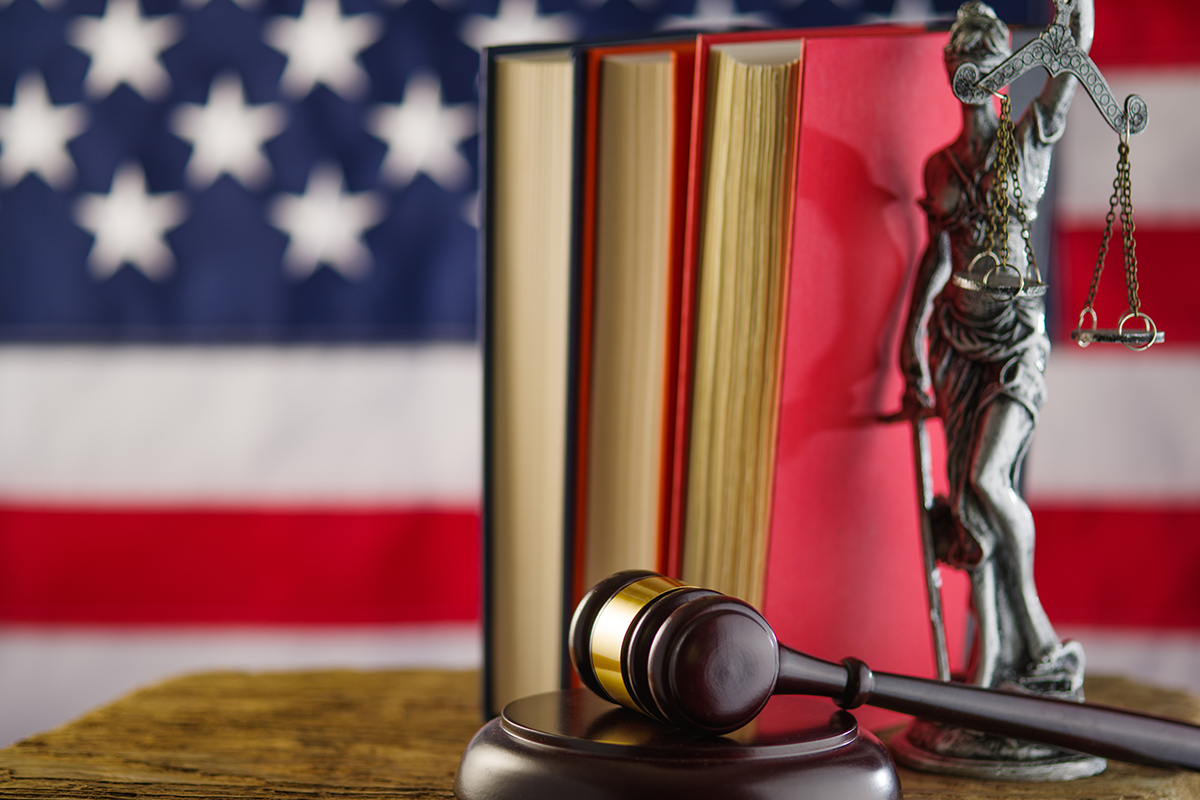Currently, 49 states have set 0.08 as their legal limit, with Utah having lowered their limit recently to 0.05. If your blood alcohol concentration is over this number, you’re automatically deemed intoxicated for purposes of a drunk driving charge. Legal limits help streamline the criminal justice system so that convictions are easier to get. Even if you feel fine—and even if you can drive safely after drinking alcohol—blowing a high number can result in a DWI charge and conviction.
According to media reports, there is a push in Congress to adopt a nationwide legal limit of 0.05. That could have dramatic effects across the nation, including Texas.
Who Supports Lowering the Legal Limit?
Many public safety experts are getting behind a push to adopt a nationwide legal limit of 0.05. And, according to Newsweek, they are encouraging Congress to adopt legislation to lower the limit.
Advocates point to the fact that almost 40 people die every single day from drunk driving accidents. Hundreds more are injured every single day as well. The number of fatal accidents involving alcohol also spiked in 2022, which was alarming.
Several states are considering whether to lower their limit. In Hawaii, the state Senate passed a bill, but the Hawaii House did not approve. A bill to lower the legal limit is also pending in Washington.

Can Congress Adopt a Nationwide Legal Limit?
Currently, there is no consensus in Congress for adopting a nationwide legal limit. Neither political party has gotten behind a proposal. But that doesn’t mean Congress couldn’t act in the future.
Under the Constitution, Congress can pass criminal laws that affect interstate commerce and the highway system specifically. Congress can also threaten to withhold federal funds if a state doesn’t enact laws requested by Congress. In 1984, Congress passed the National Minimum Drinking Age Act, which required states to set the drinking age at 21 or otherwise risk losing federal highway funds. That’s why the minimum age is 21—Congress coerced states into adopting that drinking age.
In 2000, Congress also passed an appropriations act requiring states to set their BAC to 0.08 by 2004 or risk losing highway funds. Every state has complied.
Of course, states can go lower than the limit set by Congress. That’s why Utah was able to drop their limit to 0.05. So it’s not unusual that advocates are asking Congress to lower the legal limit for the entire nation.
Stay tuned. Dropping the legal limit could quickly sweep into criminal court hundreds of cases every month where someone has had one or two drinks and is buzzed. A 0.05 BAC is not very high, especially for larger drivers.
Were You Arrested for DWI?
Call Our Houston DWI Attorneys
Tad Nelson & Associates is one of the most experienced law firms in Houston committed to defending motorists accused of drunk driving. We have obtained favorable results for thousands of drivers over the years, and we’re glad to schedule a meeting to discuss your case in a confidential setting.














